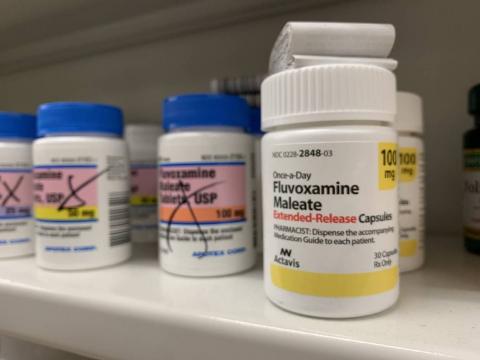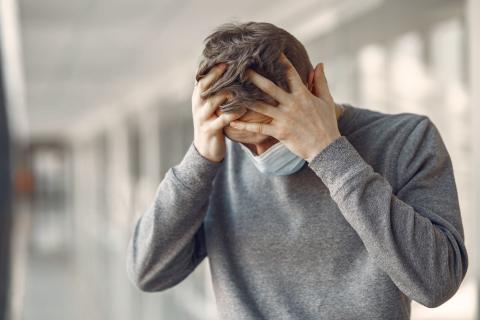Reaction to clinical trial studying the use of the hallucinogen psilocybin against resistant depression
A phase 2 clinical trial has examined the use of the hallucinogen psilocybin in different amounts for the treatment of resistant depression. The results are published in the New England Journal of Medicine.

Eduard Vieta - alucinógeno depresión EN
Eduard Vieta
Professor of Psychiatry at the University of Barcelona, Head of the Psychiatry and Psychology Department at Hospital Clínic in Barcelona, and researcher at the Biomedical Research Centre in Mental Health (CIBERSAM)
This is a high-quality study, demonstrating that the combination of a substance with properties to mimic the action of the brain neurotransmitter serotonin can significantly improve depression in a single dose, combined with brief psychotherapy. The drug in question is a synthetic variant of a substance contained in certain mushrooms with hallucinogenic properties and was therefore administered in a very controlled environment. This is still a preliminary study, but if its results are reproduced in a larger study we could be talking about a revolutionary change in the treatment of those forms of depression that do not respond to the usual treatments. It is also worth noting that the substance is well tolerated. All in all, this is good news, but it should still be taken with caution.
He declares conflicts of interest in that he has advised on research methodology to several companies seeking new treatments for depression, including COMPASS, which holds the patent for the substance investigated in this study.
Goodwin et al.
- Research article
- Peer reviewed
- Clinical trial
- People



